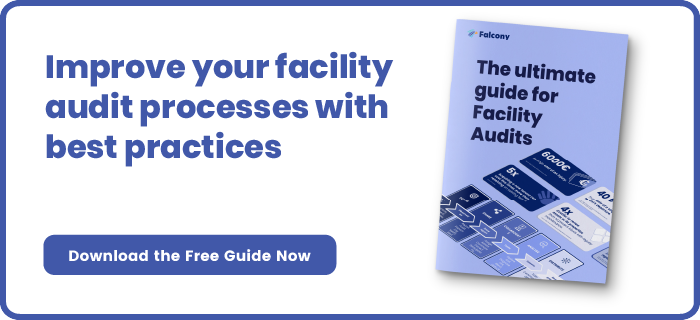What is the Purpose of Supplier Audit?
Supplier audits are a critical component of effective supply chain management.
They are essential in ensuring that a business’s suppliers meet the required standards, whether in terms of quality, compliance, ethical practices, or environmental sustainability. By conducting regular audits, organisations can mitigate risks, ensure continuous improvement, and foster stronger, more transparent relationships with their suppliers.
Ensuring Compliance and Quality Standards
One of the primary purposes of a supplier audit is to verify that suppliers comply with legal and contractual obligations. Whether the audit focuses on industry-specific regulations, safety standards, or environmental laws, it ensures that the supplier adheres to agreed-upon practices. This is especially important for industries where quality and compliance are non-negotiable, such as pharmaceuticals, food production, or manufacturing.
By assessing quality management systems, auditors can identify weaknesses in processes that may lead to product defects, delays, or inefficiencies. These findings can inform corrective actions that improve the quality of goods or services delivered, reducing the likelihood of returns, customer complaints, or reputational damage.
Managing Risk in the Supply Chain
Supplier audits play a significant role in risk management. By evaluating a supplier’s practices, an organisation can uncover potential risks—whether they are financial, operational, ethical, or environmental—before they escalate into serious problems. This proactive approach helps in managing risks such as financial instability, supply disruptions, unethical practices, or non-compliance with sustainability goals.
Moreover, audits help businesses identify suppliers who are not aligned with their corporate values or risk appetite. For example, a company with stringent environmental goals may audit its suppliers to ensure they adhere to sustainability standards. In such cases, the audit helps mitigate reputational risks and ensures the supply chain supports the company's commitment to sustainability.
Improving Supplier Relationships
Supplier audits also foster stronger relationships between businesses and their suppliers. By conducting audits transparently and collaboratively, businesses can gain deeper insights into their suppliers’ operations, identifying opportunities for improvement or innovation. In turn, suppliers benefit from these audits as they receive constructive feedback, which can help them optimise their operations, reduce costs, and improve product quality.
Building these relationships on trust and mutual understanding can create long-term partnerships that benefit both parties. Suppliers who know they will be regularly audited may be more motivated to maintain high standards, knowing that they will be evaluated on their performance.
Supporting Continuous Improvement
Supplier audits are not simply a tool for identifying areas of non-compliance or risk. They can also serve as a foundation for continuous improvement. Through audits, organisations can establish performance benchmarks, track supplier progress over time, and work collaboratively with suppliers to implement improvements. This ongoing monitoring ensures that suppliers stay competitive, enhance their efficiency, and reduce waste or inefficiencies in the supply chain.
By integrating regular supplier audits into a business’s broader supplier management programme, organisations can create a culture of continuous improvement that enhances both the quality of products and services and the long-term viability of supplier relationships.
Conclusion
The purpose of a supplier audit extends far beyond simply verifying compliance. It serves as a powerful tool for managing risk, ensuring quality, strengthening supplier relationships, and promoting continuous improvement within the supply chain. For organisations seeking to maintain high standards, reduce risks, and uphold their reputation, supplier audits are an indispensable part of the supply chain management process. Regular and thorough audits enable businesses to safeguard their operations, improve supplier performance, and ultimately deliver better products and services to their customers.
Modern web applications have a lot of benefits when it comes to organising audits, inspections, assessments and checks in a clear and easy-to-understand way. Test our Falcony | Audit FREE for 30 days or Contact us for more information:
We are building the world's first operational involvement platform. Our mission is to make the process of finding, sharing, fixing and learning from issues and observations as easy as thinking about them and as rewarding as being remembered for them.
By doing this, we are making work more meaningful for all parties involved.
More information at falcony.io.

Related posts
How to Conduct Supplier Audit?
Supplier audits play a crucial role in ensuring that your supply chain remains reliable,...
Sustainability in Supplier Audits
In today’s rapidly evolving business landscape, sustainability has become a crucial factor...
What is Supplier Audit?
In today’s globalised marketplace, businesses are becoming increasingly reliant on their suppliers...






